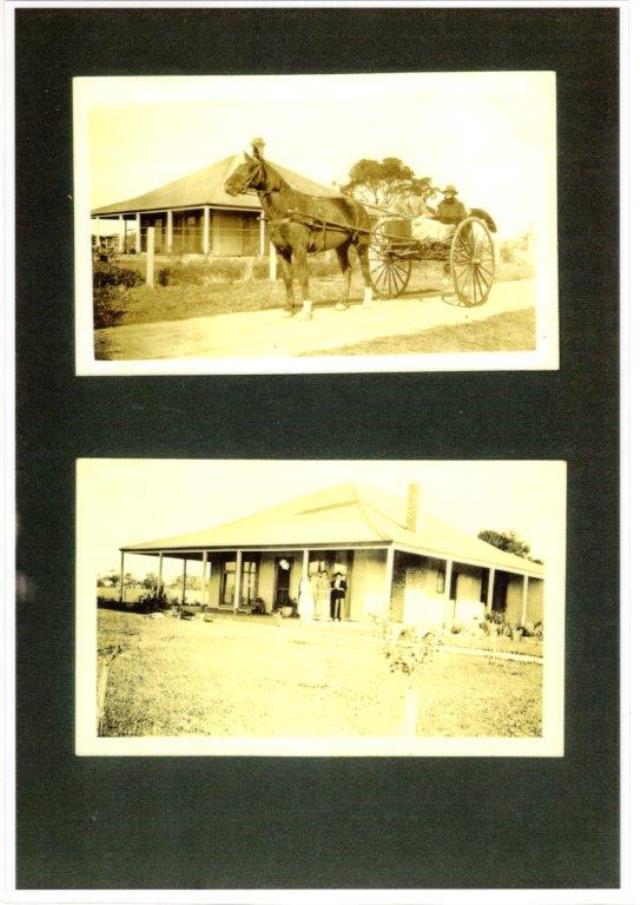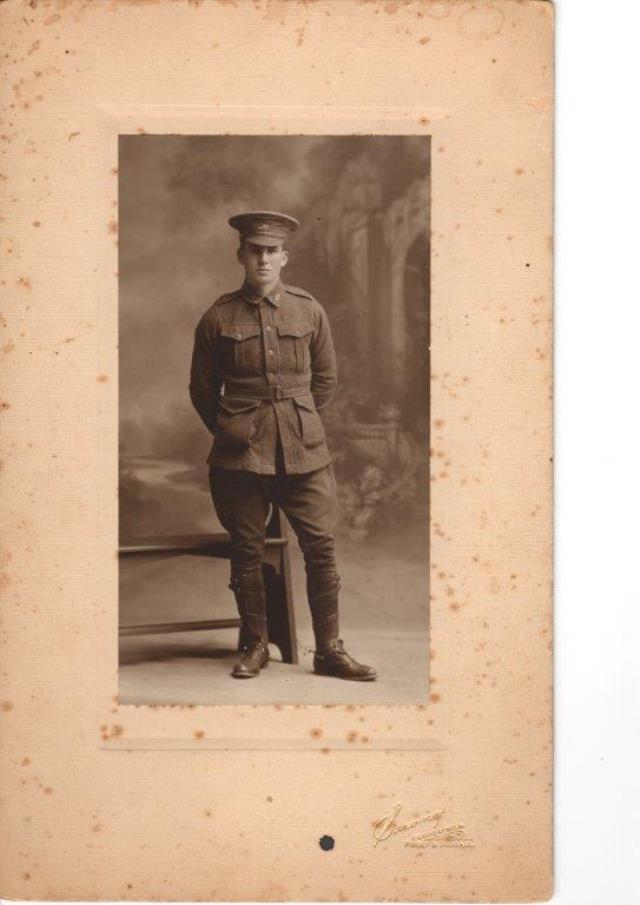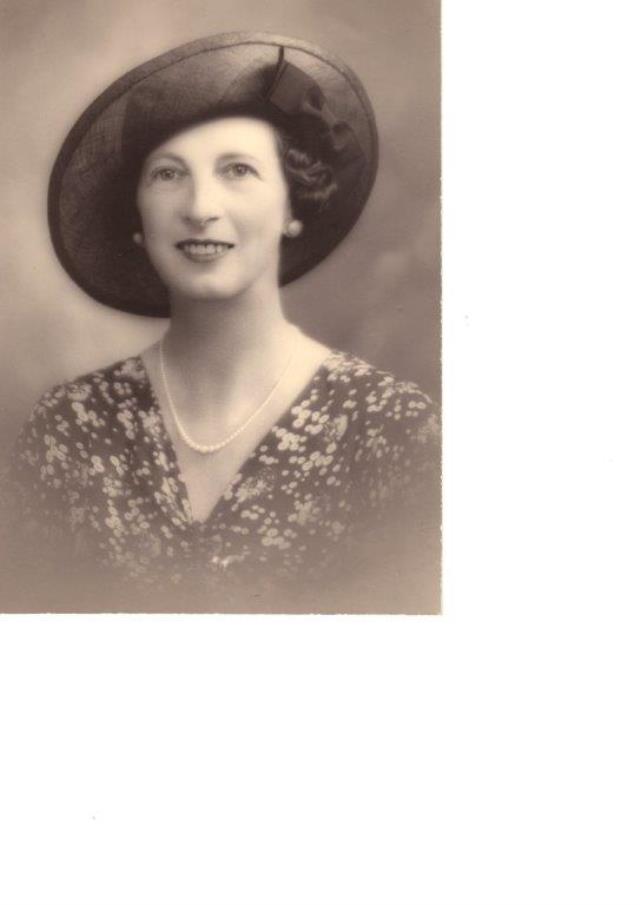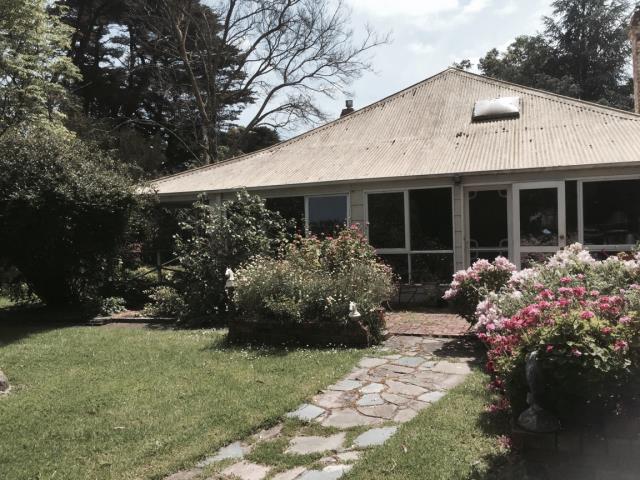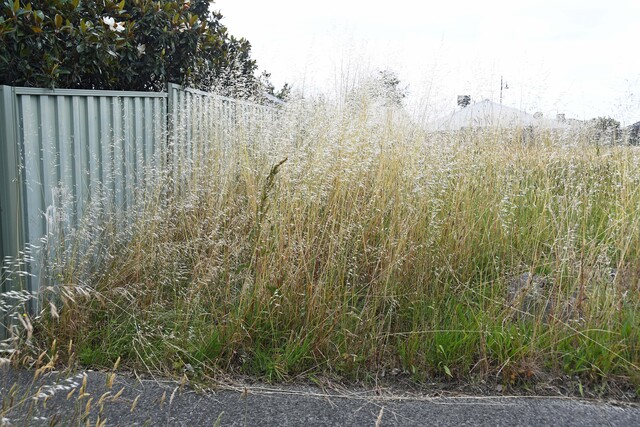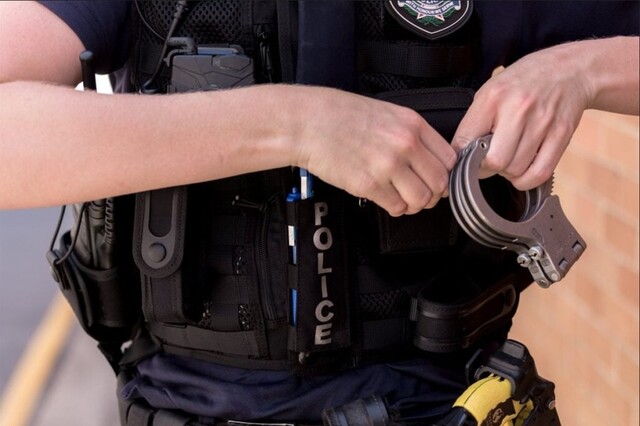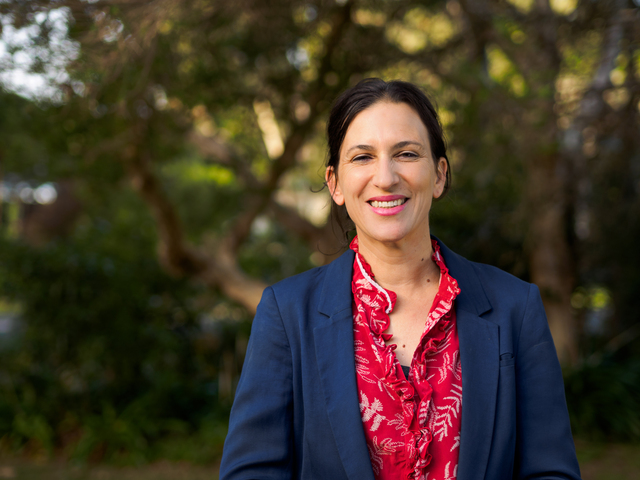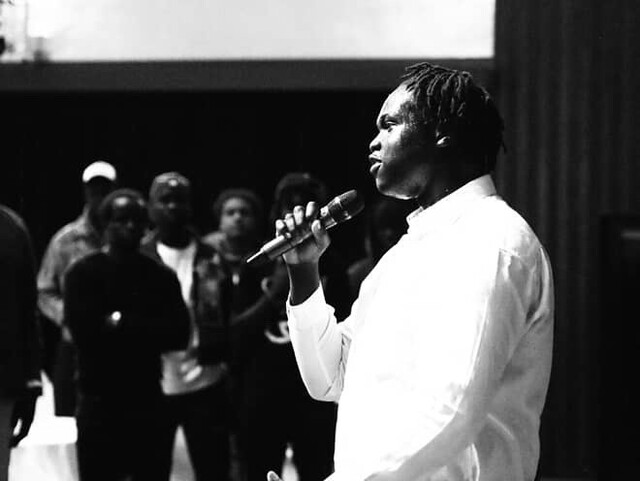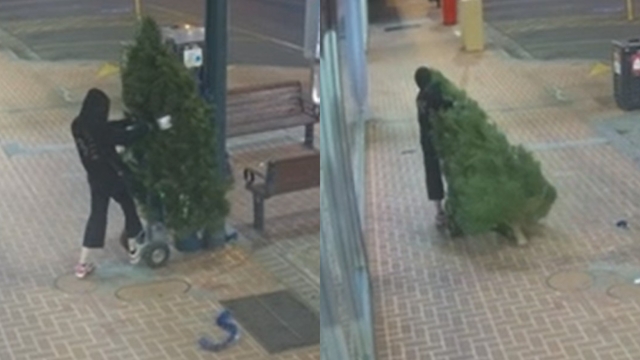The Greaves family’s long and distinguished association with the Berwick area had humble and tragic beginnings, as NEIL LUCAS discovers in his latest look at the significance of street and place names in the region.
Born in Oxfordshire, England in 1846, Edwin Greaves was the youngest of the 10 children of John and Margaret Greaves.
John Greaves travelled alone to Australia to establish a farming property prior to his wife and children’s arrival in the colony. He took up land fronting the Plenty River at Nillumbik but alas, when the family arrived in Port Phillip in the Louisa Bailie in October 1849, they found that John had died prior to their arrival.
They were met by a stranger on the wharf and were led to the bush humpy where their husband and father had been farming – a very tough start in a strange country.
The three eldest boys – Richard, James and William – took up the challenge of establishing themselves to support the family.
Richard acquired a dairy farm at Cranbourne, William farmed at Lyndhurst, and James Greaves began a butchery in Dandenong, where from the age of 13 years, his young brother Edwin assisted him.
In 1869 at the age of 23 years Edwin went into business in Berwick with a friend Alexander Crighton.
A short time later Greaves applied successfully to manage part of a large property south of Berwick owned by Sir William J T Clarke, the property being mainly devoted to fattening cattle and dairying.
Clarke owned a huge area comprising 6 square miles (approx. 15.5 square kilometres) and was known as The Springs after the natural springs located in the east of the property adjacent to the Clyde Road.
In 1874 Edwin Greaves married Margaret McDonald of Janefield, and they produced a son and a daughter. Margaret died in 1876 and 10 years later Edwin married again, to another Margaret, daughter of Charles Forrester of Brighton. They produced three sons, each of whom became prominent in the local area.
Edwin was an expert in the breeding of draught horses, particularly the Clydesdale breeds and was an accredited judge of draught horses and Suffolk Punch horses at the various agricultural shows. He also bred trotters, Shetland and Welsh ponies.
A suspected outbreak of pleuro-pneumonia in Greaves cattle resulted in a great catastrophe when government officials required all of his bullocks to be slaughtered and burnt, together with all harnesses. This was a great loss made worse by a later finding that the malady had not been pleuro-pneumonia!
Edwin supported the ploughing competitions arranged by the Mornington Farmers’ Society and many of these competitions were conducted on his property. Edwin was made an honorary life member of the Berwick Show Society in recognition of his great service to that society and the other agricultural shows in the district which he had supported through his judging activities.
Edwin purchased The Springs property comprising 1620 acres (650 hectares) of the Clarke Estate in 1901.
About this time Edwin Greaves was heavily involved with a group of local farmers in encouraging the shire councils of Berwick and Cranbourne to upgrade the drainage system though the Hallam Valley into Eumemmerring Creek.
Greaves permitted the Melbourne Hunt to use his property and special panels were placed in the fences to allow the horses to safely gallop around the paddocks.
In February 1932 the local paper reported that Edwin had suffered slight concussion and injuries to his shoulder and side when thrown from his horse whilst riding to Berwick (he was 85 years at this time). The paper recorded: “..the horse took fright when its legs became entangled in a piece of loose wire. A motorist took Mr Greaves to his home where he received medical attention”.
Edwin Greaves farmed The Springs property until his death on 6 May 1934. He had served as a Justice of the Peace for 50 years and had been a regular attendee at Scot’s Church, Cranbourne where, following his death, the Board of Managers recorded in its meeting minutes: “We place on record our deep sense of loss….Mr Greaves was a man of upright character, wise in his judgements, and firm in his adherence to what he believed to be right….for many years he was a member of the Board of management…”
Edwin’s sons Sydney (born in 1892) and Clyde continued to farm in the Berwick area and took on various roles in the community.
During World War I Sydney served in the Australian Field Artillery.
In June 1909 on the occasion of the visit to Harkaway of the State Governor Sir Thomas Gibson Carmichael (to open the new hall), young Sydney and Clyde rode in the guard of honour provided by the local Narre Warren Troop of the Australian Light Horse.
On 27 October 1921 Sydney married Anne Beaumont, the daughter of local identity and shire councillor Llewellyn Beaumont.
The ceremony was conducted by the local Presbyterian Minister Rev William Cunningham at Ardblair in Beaumont Road, the home of the bride’s parents. The Presbyterian Church had been severely damaged in a storm and could not be made use of for the ceremony.
Initially, Sydney and Anne lived in a house in Greaves Road. The house was locally known as the Tin House, as the exterior was clad with tin. Sydney later acquired the property Strathard, located on the west side of Narre Warren-Cranbourne Road (the road named Strathaird Drive, created on what was his property has been approved with a misspelling).
Sydney was a great horseman and rode regularly with the Melbourne Hunt, participating keenly in its activities including the much enjoyed annual Hunt Club Ball at the hall in High Street Berwick (now Masonic Hall).
Sydney Greaves was president of the Berwick Show Society from 1925/27 and later member of the council of the Royal Agricultural Society of Victoria. Sydney also served as a member of the Board of Management of the Berwick Bush Nursing Hospital.
Norman Beaumont records in the Early Days of Berwick an incident during the visit to Berwick and Pakenham by State Governor Lord Somers: “Lady Somers had the misfortune to lose the buckle of one of her shoes which allowed the shoe to come off. As the Vice Regal party was due to go on to Pakenham, and to keep to a time schedule, this was most inconvenient. Cr S A Greaves took charge of the shoe and in a very great hurry got the late Mr Albert Tonks to affix the buckle fastening. Cr Greaves then overtook the Vice Regal party between Berwick and Pakenham and handed over the shoe to Lady Somers and all was well at Pakenham.”
Beaumont further recorded that the next morning townsfolk observed a signboard outside Tonks’ premises in Berwick “Under Vice Regal Patronage”.
Anne Greaves (known by all as Nana Greaves) was very active in local affairs acting as commandant of the Berwick Branch of the VAD (Voluntary Aid Attachment) which provided nursing care for military personnel, president of the local Red Cross unit and served for 17 years as the president of the Berwick Auxiliary for the Institute for the Blind.
In later life Sydney Greaves moved to a farm named The Landing close to the township of Bass on Western Port Bay (named The Landing in recognition of the explorer George Bass who explored and named the bay in 1798).
Sydney died in the mid-1960s. Nana Greaves inherited the Grasmere dairying property on the north side of Inglis Road Berwick (part now being developed as the Cardinia Creek Parklands).
Clyde Greaves had been very frail as a child and had needed to be really “looked after” as he grew up. Accordingly, to “help him along” in life’s journey he was bequeathed The Springs property, which he farmed for the rest of his life.
Clyde served as president of the Berwick Show Society from 1933/36 and was made a life member in 1954. He was also a councillor on the Shire of Berwick.
In 1951 Cr Clyde Greaves became an inaugural member of Berwick Bush Nursing Hospital Auxiliary.
Edwin’s son Edward farmed at Melby Park, Cranbourne and his other son Charles farmed at Beaconsfield and served as a councillor on the Shire of Berwick.

